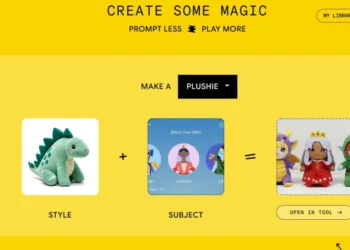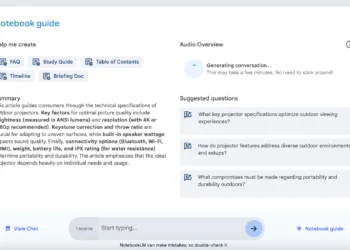This AI-powered tool has made numerous factual errors and cited unreliable sources, including satirical articles and Reddit jokes. These issues have led to widespread concern about the reliability of Google’s AI systems.

Some troubling examples of misinformation generated by Google’s AI Overview feature include:
- Claiming Barack Obama was a Muslim president
- Suggesting adding non-toxic glue to pizza sauce, based on an old Reddit joke
- Advising that it’s safe to leave dogs in hot cars
- Recommending staring at the sun for 5-30 minutes for health benefits, falsely attributing this advice to WebMD
- Proposing eating rocks daily, citing a satirical article from The Onion as if it were factual
These examples show the dangers of AI systems presenting false information as truth, especially when citing authoritative sources. The spread of such AI-generated misinformation, whether intentional or due to AI errors, is a growing concern as these tools become more widespread.
Google’s Reaction
“Google has acknowledged the problems with its AI Overview feature and is taking steps to fix the inaccurate and misleading information it has produced. A Google spokesperson described some of the misinformation as resulting from “extremely rare queries” that “aren’t representative of most people’s experiences,” emphasizing that the “vast majority of AI Overviews provide high-quality information.”

The company defended the feature’s launch, citing “extensive testing” before its inclusion in the search experience. However, Google also noted user feedback about errors and stated that it is making adjustments to the product, including “taking swift action where appropriate under our content policies, and using these examples to develop broader improvements to our systems.”
In response to specific cases of dangerous misinformation, such as an AI Overview providing information about popular “suicide bridges,” Google said the feature is not intended to appear on “queries that indicate an intent of self-harm.” The company admitted that this particular query was not caught by its systems and has taken action to block the prediction.
Despite these reassurances, concerns remain about the fundamental issues with Google’s AI systems and their ability to reliably distinguish between factual information and misinformation from sources like satirical articles and social media jokes. As Google continues to integrate AI into its search engine, it will need to show significant improvements in handling these challenges to maintain user trust.”
The Public Reaction
“Public reaction to Google’s AI Overview blunders has been a mix of amusement, concern, and growing distrust. Social media platforms are now flooded with screenshots of the AI tool’s absurd and inaccurate responses, turning Google’s errors into a new meme format. While some of these answers shared online appear to be fabricated, the viral spread of these posts underscores the shift from genuine mistakes to a trend of sharing false information, further eroding trust in Google’s AI systems.










Many users have expressed frustration with the Google search experience, feeling a loss of control over the information they receive. Some have even resorted to workarounds, such as using websites that reroute Google searches through historical ‘Web’ results, bypassing the AI Overview entirely. The rapid popularity of such alternatives highlights the public’s growing disillusionment with Google’s AI-powered features.
As the leading search engine faces increasing criticism and mockery, concerns are growing about the long-term impact on user trust and the potential for users to start searching elsewhere. This shift could gradually affect advertiser performance and reduce organic traffic to websites. With trust in Google Search diminishing, the company faces a significant challenge in regaining public confidence, despite continuing to generate billions in revenue each quarter.”










